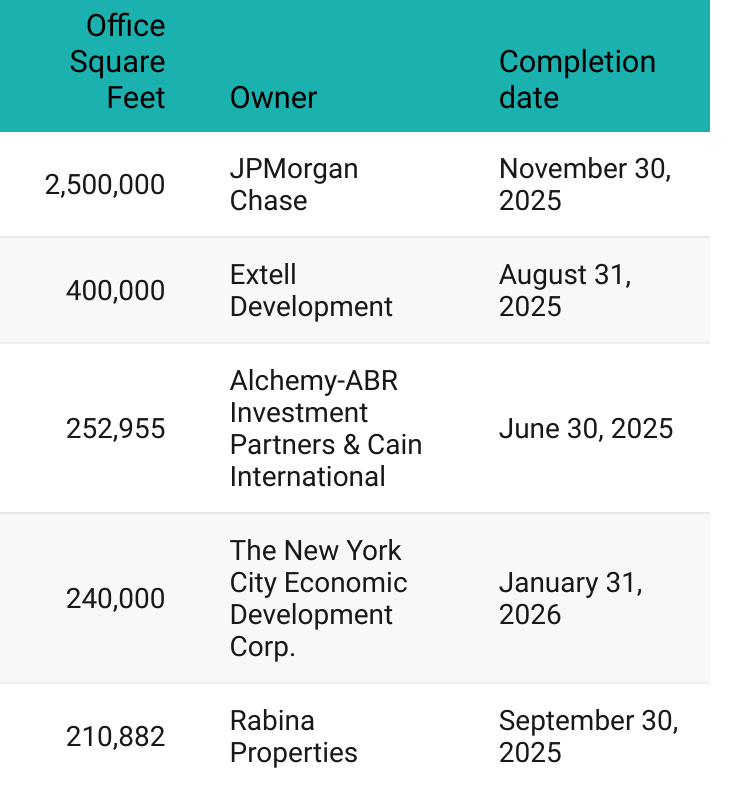Rollins Out, Kahlbaugh In as Campus Crest Begins Strategic Repositioning
Campus Crest Communities is stopping its construction activities and moving ahead with a major acquisition in a shakeup at the REIT that included the resignation of CEO and company co-founder Ted Rollins and CFO Donnie Bobbitt.
By Gail Kalinoski, Contributing Editor
Campus Crest Communities Inc., one of the largest developers and managers of student housing in the nation, is stopping its construction activities and moving ahead with a major acquisition in a shakeup at the REIT that included the resignation of CEO and company co-founder Ted Rollins and CFO Donnie Bobbitt.
The strategic restructuring comes as the board of directors of the Charlotte, N.C.-based company announced disappointing third-quarter results this week. For the third quarter ending Sept. 30, the REIT showed a net loss attributable to its shareholders of about $130 million, or $2.01 per share, compared to net income of $3.7 million, or 5 cents per share, in the same period last year.
The board named Richard Kahlbaugh, who had been lead independent director, to take over immediately as executive chairman & interim CEO. The board stated Kahlbaugh is expected to “guide the company through the completion of its strategic repositioning.”
Although Bobbitt stepped down as CFO he is remaining as a transition advisor and reports to Kahlbaugh. Scott Rochon, the Chief Accounting Officer, was named Chief Financial Officer as well.
Rollins, who co-founded Campus Crest 10 years ago with Michael Hartnett, is “no longer actively involved in the company.” Campus Crest, which opened its first student housing facility in Asheville, N.C., in 2005, currently owns interests in 86 properties with 46,682 beds across North America.
In addition to stopping construction of new projects, the board said it would put its development pipeline up for sale. Projects were slated for markets including Boca Raton, Fla., Corvallis, Ore., Tuscaloosa, Ala., and Toledo, Ohio. The Sacramento Business Journal reported work has stopped on a 224-unit project near California State University Sacramento. The 13.58-acre site is about a mile from Sacramento State.
Another big part of the restructuring is the board’s decision to complete the purchase agreement to acquire the remaining interests in the Copper Beech portfolio, which is expected to generate about $20 million of incremental net operating income. Under the deal, first announced in February 2013, Campus Crest agreed to buy a 48 percent stake in Copper Beech Townhome Communities for $230 million, including $106.7 million in assumed debt. The transaction covered 35 communities and two that were under construction and gave Campus Crest the option to buy the remaining 52 percent interest in the portfolio. In August, Rollins announced Campus Crest was not going to buy the rest of the stake in Copper Beech, stating the parties could not agree to terms.
The new plan calls for the acquisition of the remaining stake in 32 properties in the Copper Beech portfolio for approximately $60.3 million cash, about $140.6 million of debt assumption and the issuance of approximately 12.4 million operating partnership units. The deal is expected to close by the end of the year.
“Not only are we completing the Copper Beech transaction on attractive terms, we have also taken the necessary actions to deliver change,” the board of directors stated in a news release.
“Our initiatives for change include a focus on operations to deliver organic growth, instilling a disciplined approach to capital allocation, manifesting meaningful cost savings across our organization and bringing about thoughtful balance sheet improvements,” Kalbaugh said in the release. “We look forward to providing more information in the weeks and months ahead.”
The company had previously announced the elimination of 45 jobs, some related to the development part of the business such as Chief Construction and Facilities Officer Brian Sharpe. The restructuring will also include working with its largest joint venture partner, Harrison Street Real Estate Capital, to eliminate projects and look for at least four to six assets to sell and possibly more. Company officials also said they are “reviewing strategic alternatives for Montreal,” referring to the two student housing projects it co-owns in Montreal under its urban evo brand – evo Centre-Ville and evo Vieux-Montreal. The board noted that it is exploring options to “include capital solutions to reduce exposure, concurrent with ongoing efforts to drive occupancy.”
Craig Kucera, an analyst with Wunderlich Securities, called Nov. 4, the day the board announced the senior management resignations and restructuring, “an historical day for CCG.”
Kucera and his team, however, are wondering if all the changes mean Campus Crest, which trades on the NYSE as CCG, could eventually be sold.
“In our opinion, the elimination of development from CCG’s business model is indicative of the Board and management prepping the company for sale, which we have believed is the best outcome for CCG at this stage of the game,” Kucera wrote in an investors’ report this week.








You must be logged in to post a comment.